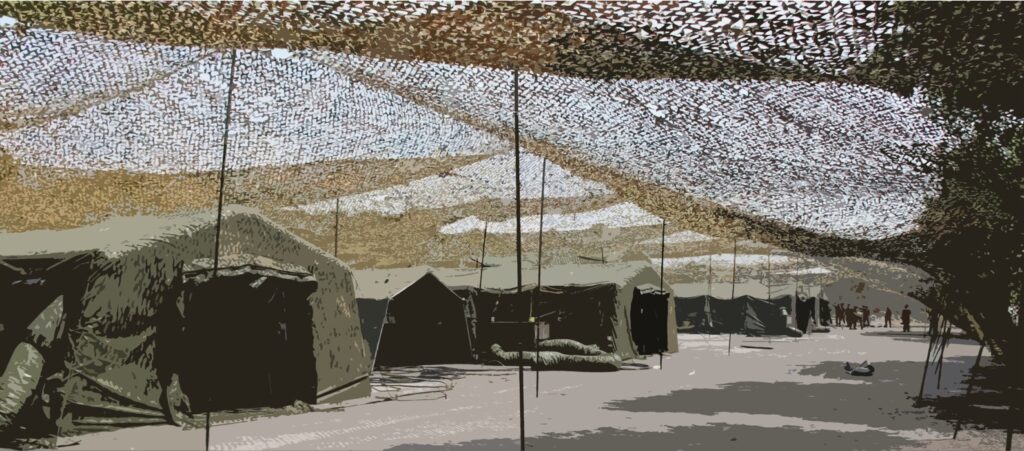About PROTEAS

Special Operations require ingenious solutions
Joint Operations that involve Special Operations Forces (SOF) are rapidly becoming a very important instrument for MoDs worldwide and across Europe. It is evident that symmetric and asymmetric threats inside and outside the EU territory require fast response and the ability to rapidly deploy transportable units implementing a Special Operations Forces - Command Post (SOFCP) to areas of interest, during both peace and wartime. The PROTEAS project aims at providing a prototyped deployable SOFCP.
The proposed project will cover all necessary study, design, system prototyping, testing and validation actions required to engineer a state-of-the-art prototyped SOFCP to support SOF operations in SJO (Small Joint Operations) missions. To the best of our knowledge, this will be the first European effort to develop a SOFCP, making the PROTEAS envisaged impact of paramount importance both at national and EU level.
PROTEAS Goals
The ultimate goal of PROTEAS project is to create THE FIRST OF ITS KIND Special Operations Forces Command Post for Command and Control (SOFCP) to support EU-led SOF Small Joint Operations (SJO) and in compliance with European Union (EU) standards and with the EU-Members and Norway specific operational needs.
The PROTEAS Framework aims to achieve the following main goals:
- Be transportable by air, road and sea, able to be deployed in all climate zones and in line with operating Member States and associated countries’ needs, with modular and rapidly deployable facilities, including Heating-Ventilation-Air Conditioning (HVAC), water supply, sewage, and energy supply systems to support its operations.
- Demonstrate a net–centric mobile ad hoc network with the ability to combine with heterogeneous networks of different architectures. Integrate interoperable and cyber-secured communications at multiple levels enabling the exchange of information across the entire command hierarchy. For interoperability and compatibility purposes, the SOFCP communication systems take into account, all standards applicable to SOF operations, including those of NATO.
- Feature all necessary software platforms related to the exercise of Command and Control (C2) of multiple SOF task groups operating concurrently in the field, including the generation of all necessary situational awareness info, to achieve that goal across multiple domains.
- Embody novel terminal devices with suitable Size, Weight and Power (SWaP) characteristics for field deployed SOF task groups which must provide C2 functionality at the tactical edge, in coordination with the SOFCP C2 platform.
- Feature a software platform providing Digitally Aided Close Air Support (DACAS) capability and able to share tactical on-site and other sources intelligence information for target detection, recognition and assignment, while making maximum use of interoperability standards.
- Incorporate the relevant means to be integrated with several different manned and unmanned platforms, employed either for the transportation of SOF Task Groups or for the collection of intelligence.
- Feature a military grade, autonomous, horizontally scalable, and low thermal/acoustic signature power supply system capable of furnishing the energy needs of the entire SOFCP, employing a resilient and proactively managed mix of thermal and renewable sources and energy storage.
- Feature a perimeter security system integrated with the core C2 and communications platforms, primarily passive and capable of detecting close range threats to the facilities and equipment.

PROTEAS Mission
The PROTEAS project is expected to:
- Promote the upgraded role of SOF, as envisioned by the EU.
- Enable efficient SOF deployments, where no infrastructure exists.
- Shorten the response times of Member States’ MoDs, during both peace and war time.
- Reduce the cost of EU SOF SJO missions.
- Facilitate the collaboration and interoperability among Member States, notably through integrated CIS and ISR means provided by Member States, EU forces, and civil agencies.
- Enhance the security of supply in this sensitive field, since the proposed solution will rely exclusively on European know-how.